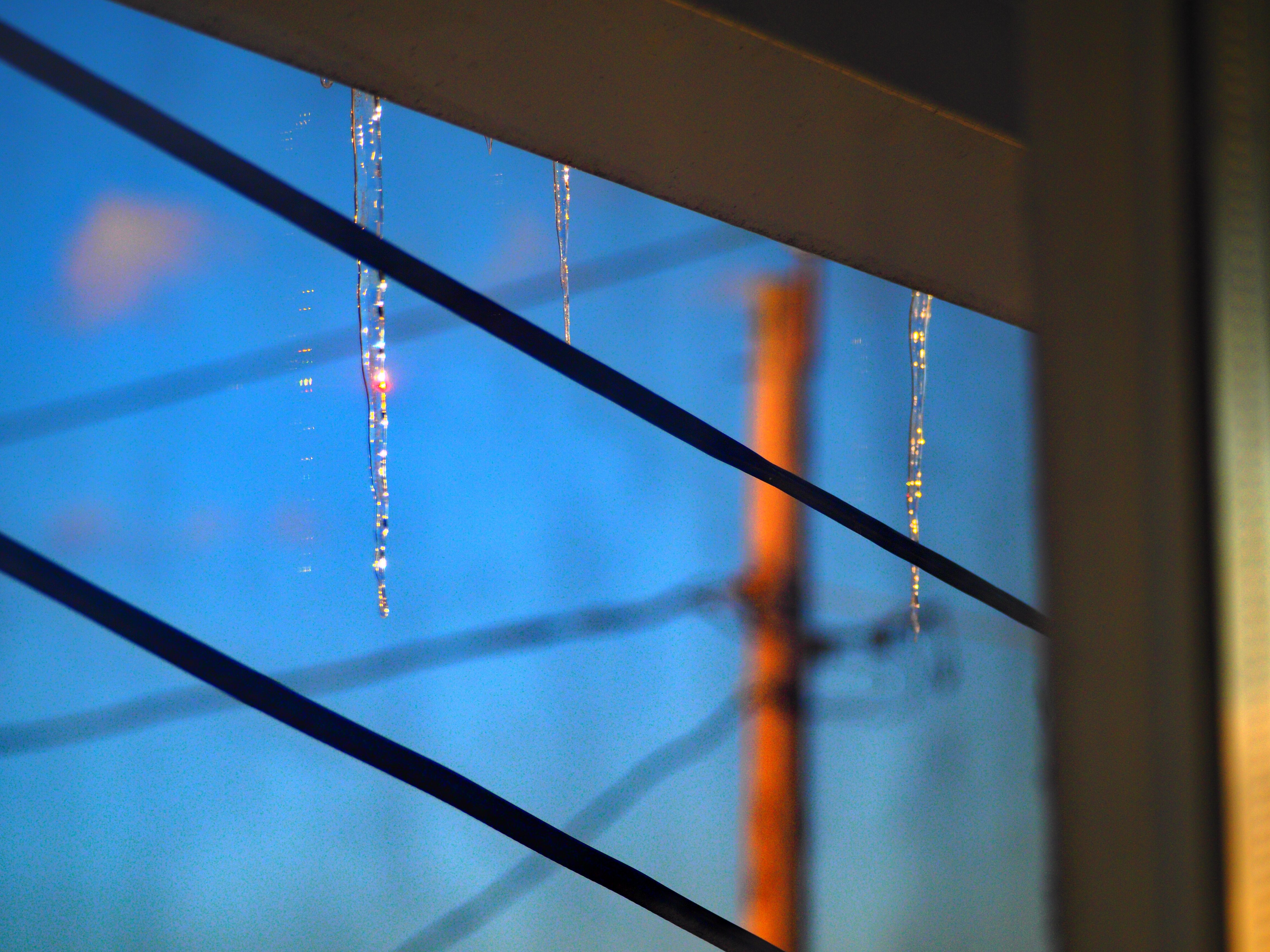-
Posts
44,789 -
Joined
Content Type
Profiles
Blogs
Forums
American Weather
Media Demo
Store
Gallery
Everything posted by LibertyBell
-
Mine just peaked over 103 again, this time at 103.1 I love tracking very quick temperature differences, I don't think my sensor is running hot because it's been bouncing back and forth between 99 and 104 since noon lol. I wonder what causes the drops down to 99-- there are zero clouds in the sky and it's a deep blue sky (the bluest sky and first time I've gone over 100 without any clouds at all.)
-
I'll take pictures of it at whatever it peaks at, now it's at 103.8 very close to 40C !!!! This is my second hottest day on record here (this sensor has been in the exact same location since 2005.) This beats the hottest day here in 2010 and the only one that was hotter here was July 22, 2011 when it reached 105.6 on this sensor !!!!




